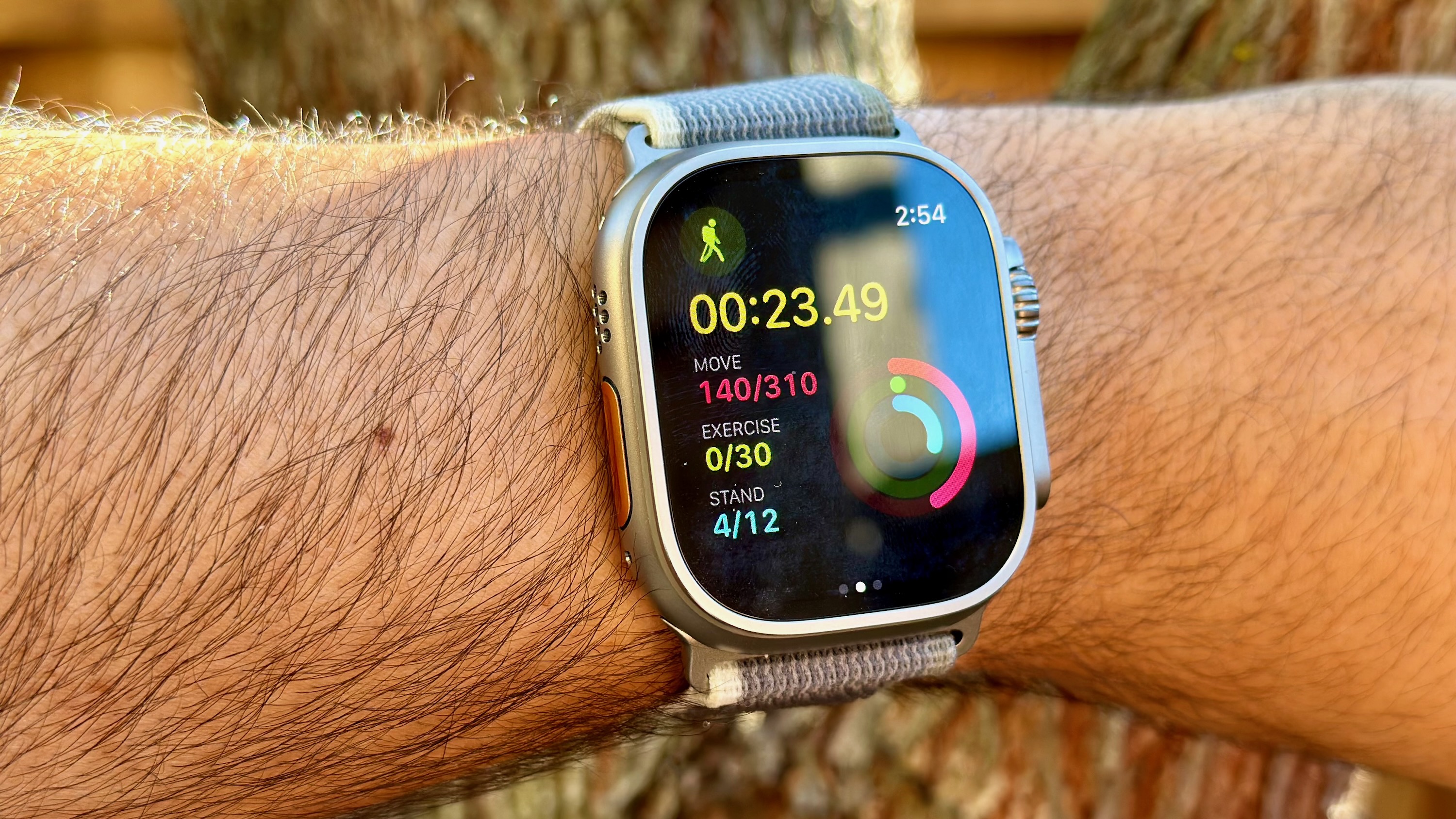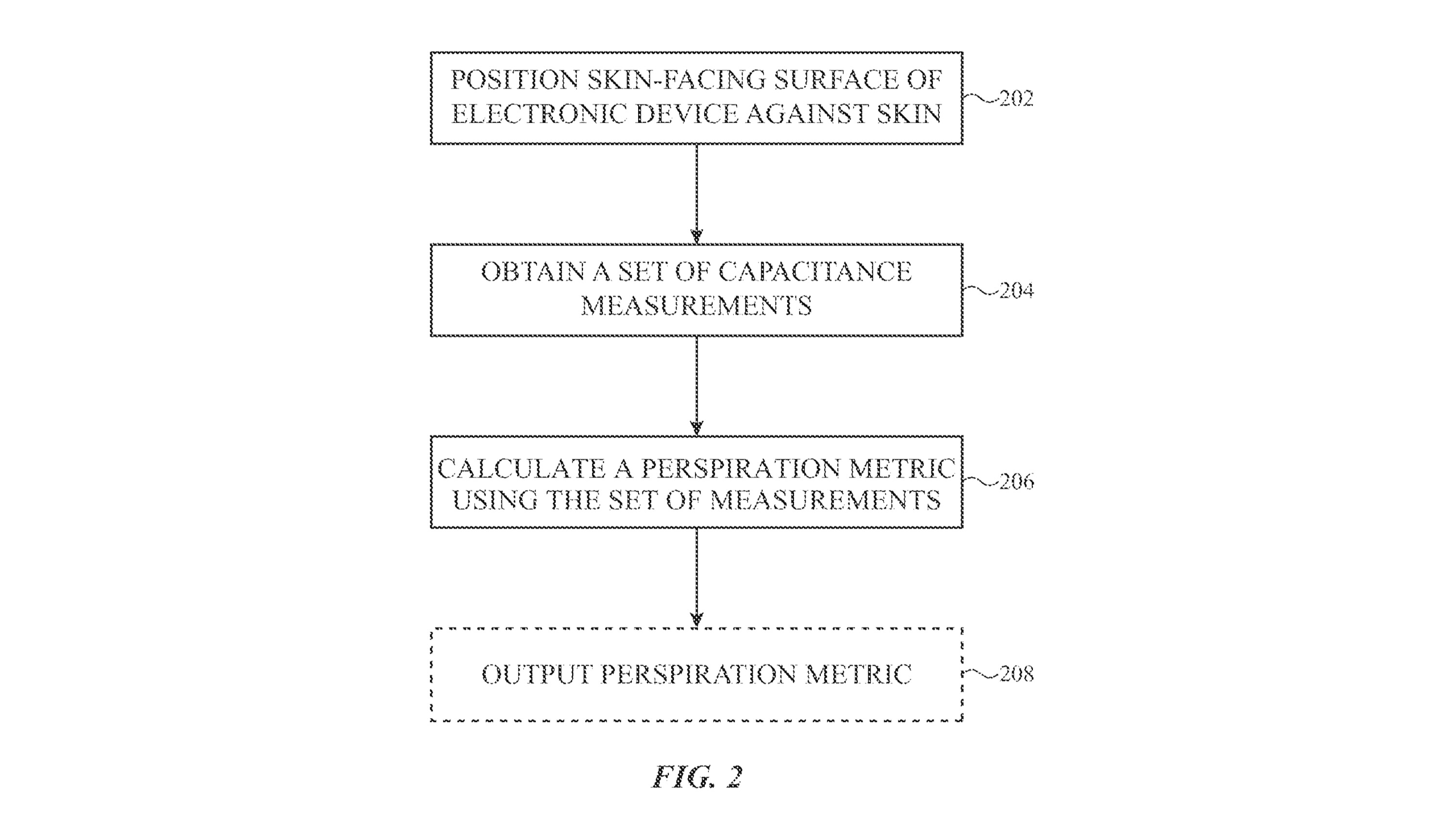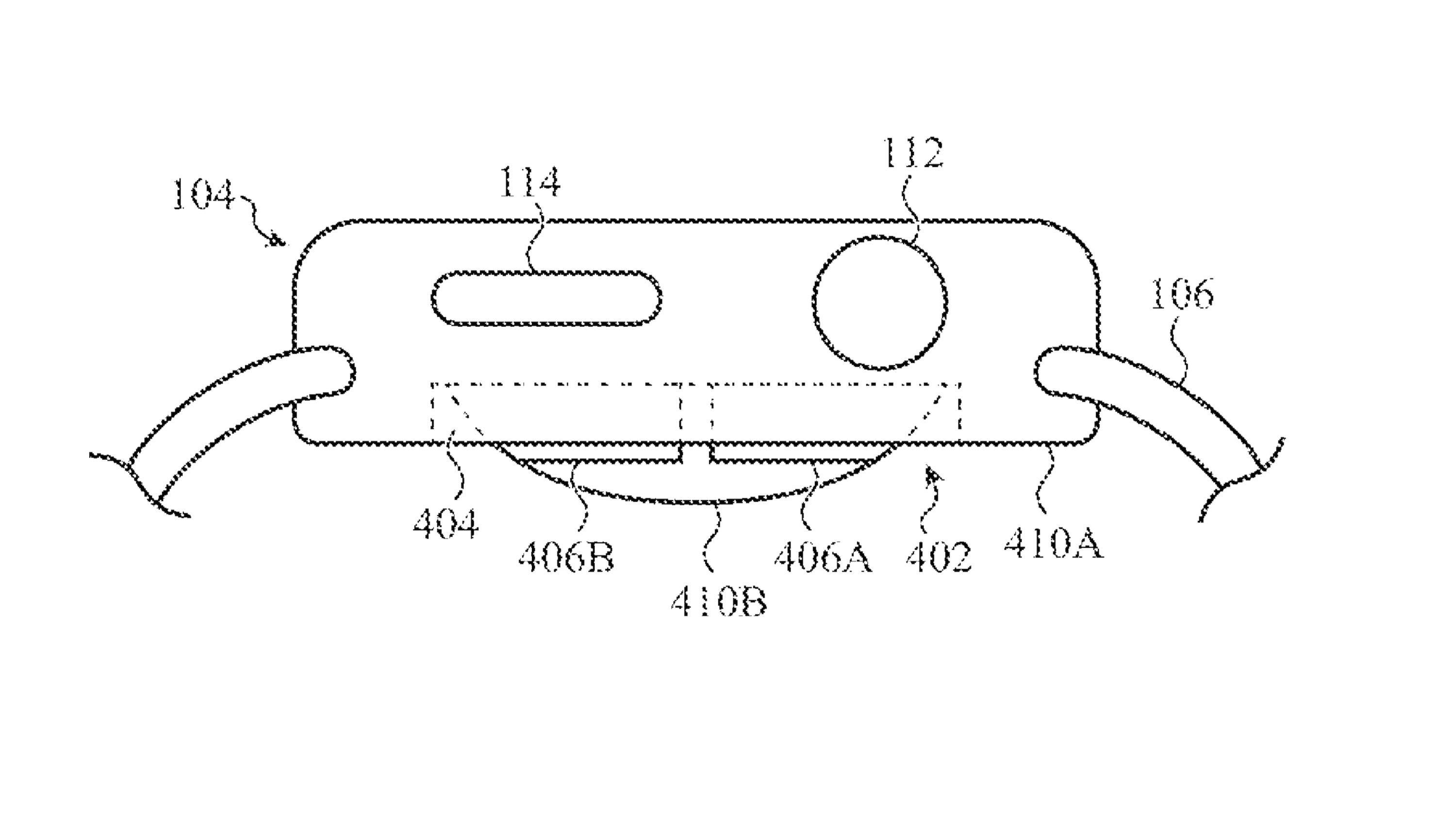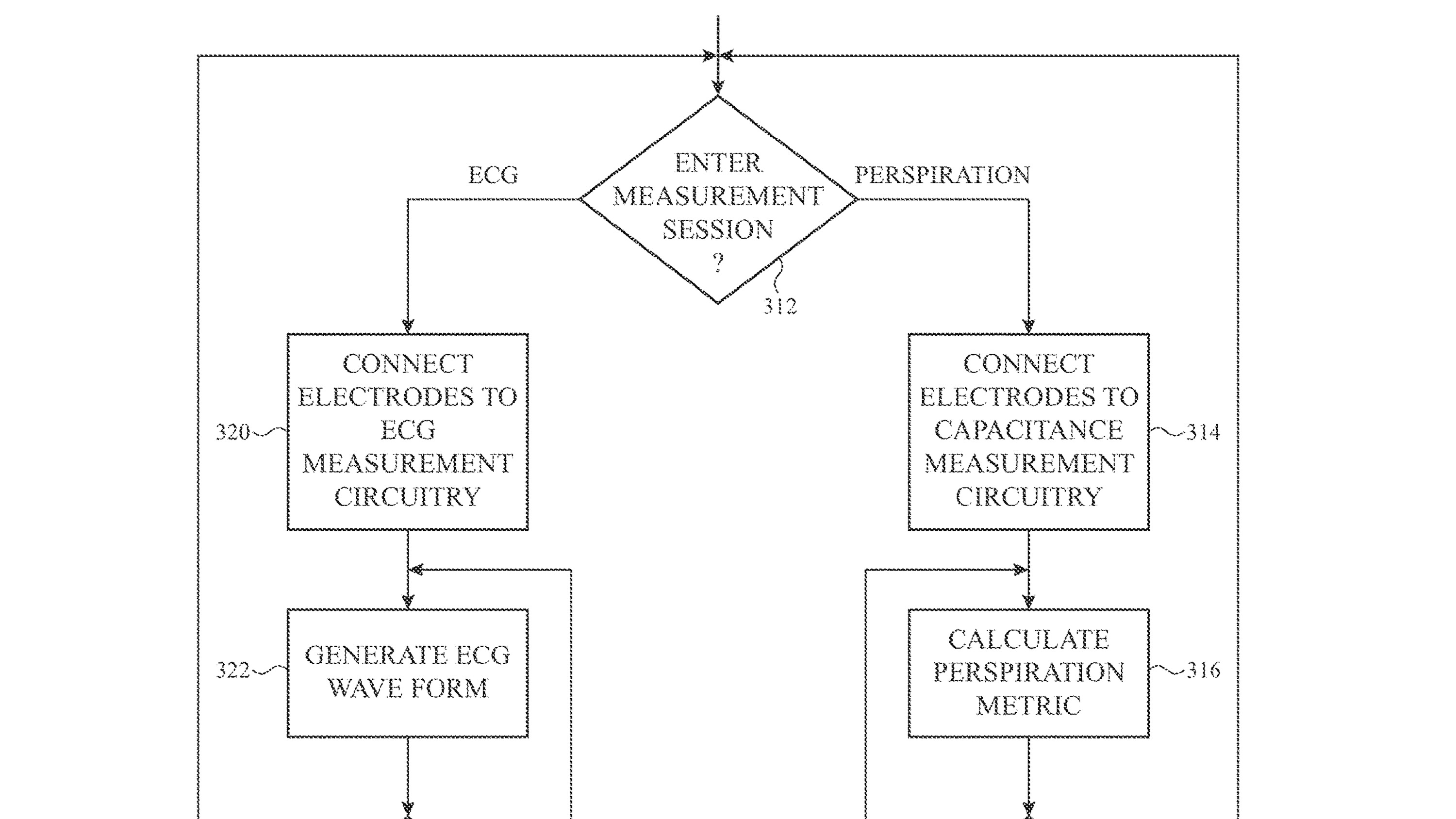
What you need to know
- The U.S. Patent Office granted Apple a patent titled "Wearable Devices with Perspiration Measurement Capabilities."
- The perspiration sensor would measure sweat loss during a workout, both the rate of sweat and total fluid loss.
- Apple would incorporate other sensor data like body temperature and local humidity to help contextualize the data.
Apple reportedly wants to place electrodes in future Apple Watch models that act as a "perspiration sensor" to track sweat loss during workouts. While plenty of patents never end up seeing the light of day, this is one that both casual and serious athletes would appreciate, especially if implemented on other smartwatches.
Granted on February 15, the patent — "Wearable Devices with Perspiration Measurement Capabilities" — shows how a series of electrodes would be placed into an Apple Watch sensor array as a "hybrid sensor" for both ECG and perspiration readings. Patently Apple first spotted the patent.
In theory, a future Apple Watch Ultra would calculate the "estimated sweat rate of a user," a.k.a. the "measure of the amount of fluid lost over an interval of time." The watch would process that data and show the user the average fluid ounces lost per hour or in total.

During a workout, the patent suggests, users could also see an "instantaneous" sweat rate from the last 15–30 seconds, which might appear as a real-time metric on the watch.
To give you the most accurate data, the Apple Watch would take external factors like ambient temperature and humidity into account by checking your GPS location against current weather reports. That way, Apple can take that into account if you're sweating more (or less) than usual.
It would also take into account your "height, weight, or body composition." We wonder if Apple might eventually offer on-wrist body composition readings, as the Galaxy Watch 6 does.


However Apple implements this perspiration sensor, this data would tell you exactly how many fluid ounces you need to replenish after a tough race. Or if Apple connects your sweat rate to your speed during a workout, that could help determine how fit you are as an athlete.
Currently, some fitness watches like Garmin will calculate an "estimated sweat loss" based on your pace, heart rate, weight, and other data. But Apple's sensors would give you actual metrics; marathoners or endurance cyclists would probably really benefit from that kind of data.
The only sensor we know of that comes close to Apple's design is Fitbit's Body Scan (EDA) tool, which measures "micro-sweat levels" to calculate your stress levels. Even if the cEDA sensor in the Fitbit Sense 2 or Pixel Watch 2 could work for sweat loss measurements, it appears Apple has the idea reserved for itself.
We're very curious to see if Apple ends up using this idea. Given Apple's enhanced focus on fitness in the last couple of years, sweat tracking would fall right into that pattern.







